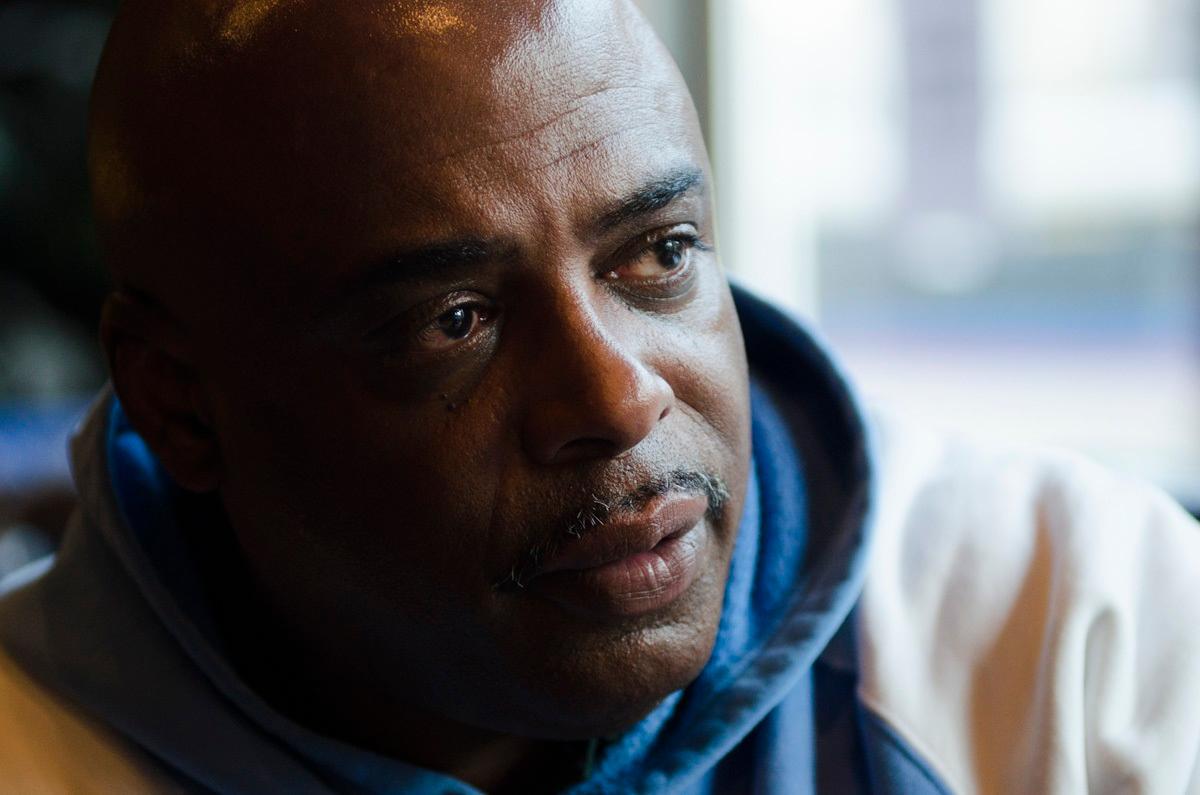
One year ago -- on June 10, 2014 -- Kevin Monteiro was released after nearly 30 years in prison for second-degree murder.
That day, Monteiro was dropped off by a prison van at the Greyhound bus station in downtown Denver with a prison-issued debit card, and says he felt completely lost.
“I had a hundred dollars in my pocket and a box of books," remembers Monteiro. "No family, nobody.”
- March 10: Life After Decades Of Prison Begins With Survival
- March 11: Monteiro Stumbles, Then Succeeds
- March 12: Colorado Parole Officers Balance Oversight, Encouragement
- March 13: Colorado Prison Chief Addresses Serious Challenges Facing Parolees
Now, a year after his first day of freedom, Monteiro told Colorado Matters host Ryan Warner that he's built a life for himself. He has a steady job, his own apartment, and he's reconnecting with relatives. Putting all of that together wasn't easy though.
“Prison is a funny thing. At first when you go in you hate it. There’s a stage you go through. Then you come to accept it. Then you come to depend on it," he said.
Breaking out of the routine took a lot of time, effort and luck, Monteiro said. It was bad enough that at one point he actually wanted to go back to prison. But those days are now passed, he said.
“I don’t miss prison. There’s times I miss some of the people I left behind in prison," he said. "There are some good people inside and they are worth saving.”
On the difference between what he planned and what's happened
"My plans were totally different. What I planned ... is totally different to what’s happening in my life now. There’s a big difference when you have friends. Coming out of prison with no family, with no one that really cares is one thing. But when you come out and people care about you and people give you a chance, that’s really amazing.”
On having a weak immune system after decades inside
“Because I did so much time, and a lot of my time was in isolation, so when I did come out of prison, I noticed that I catch colds a lot. This last cold I had, I actually went to the hospital and they actually had to give me a steroid and antibiotics. But when [a nurse] took the blood and did an examination on me, she said your immune system is very weak and very low. So I kind of drag colds along with me.”
On giving advice to fellow parolees
“What an ex-offender or parolee has to do is, number one, be very honest with themselves. And always remember that the number one thing in an offender’s life is his victim. Always remember your victim. Don’t ever separate that. I took a life. ... [T]hat’s something I can never fix. So that victim is always in my mind.”








